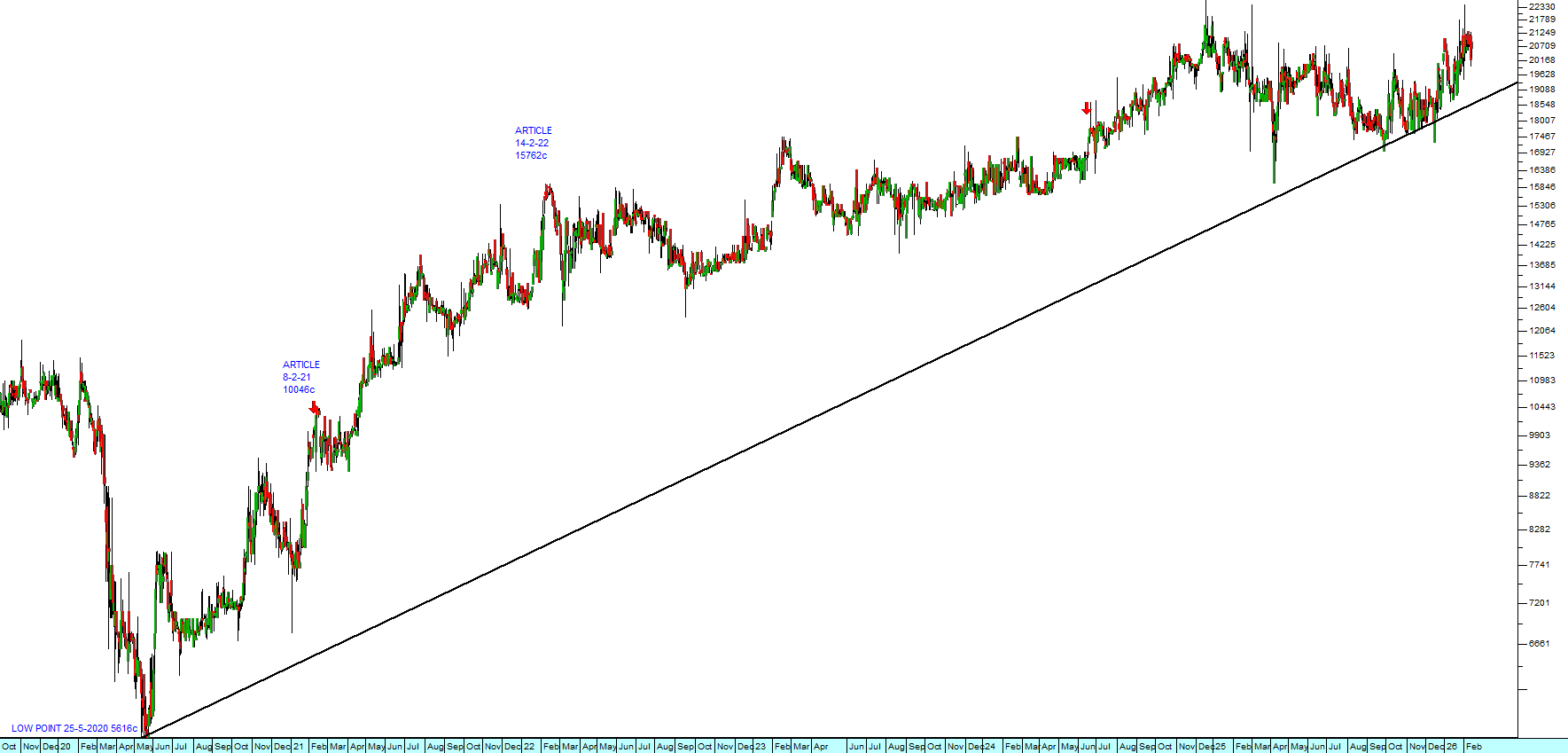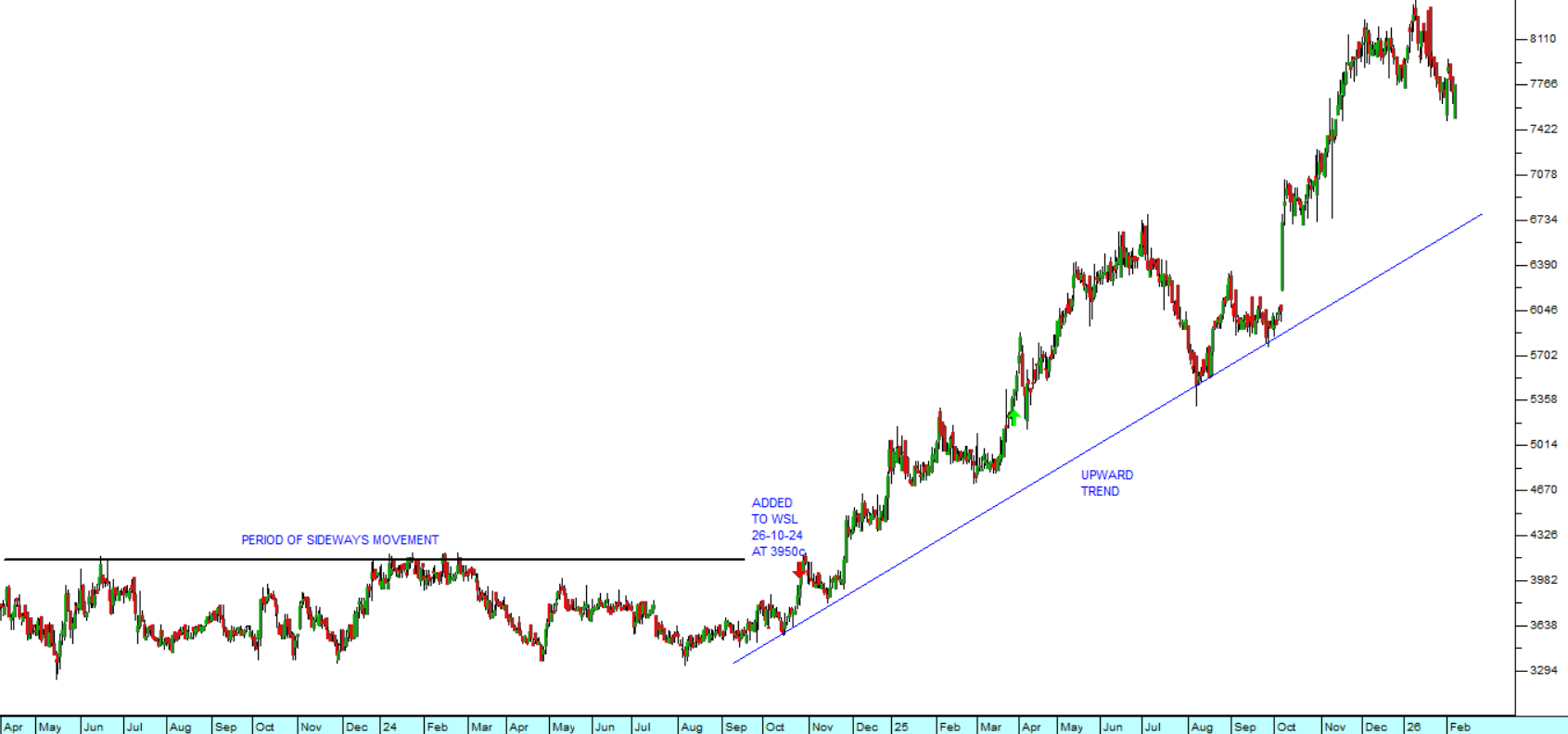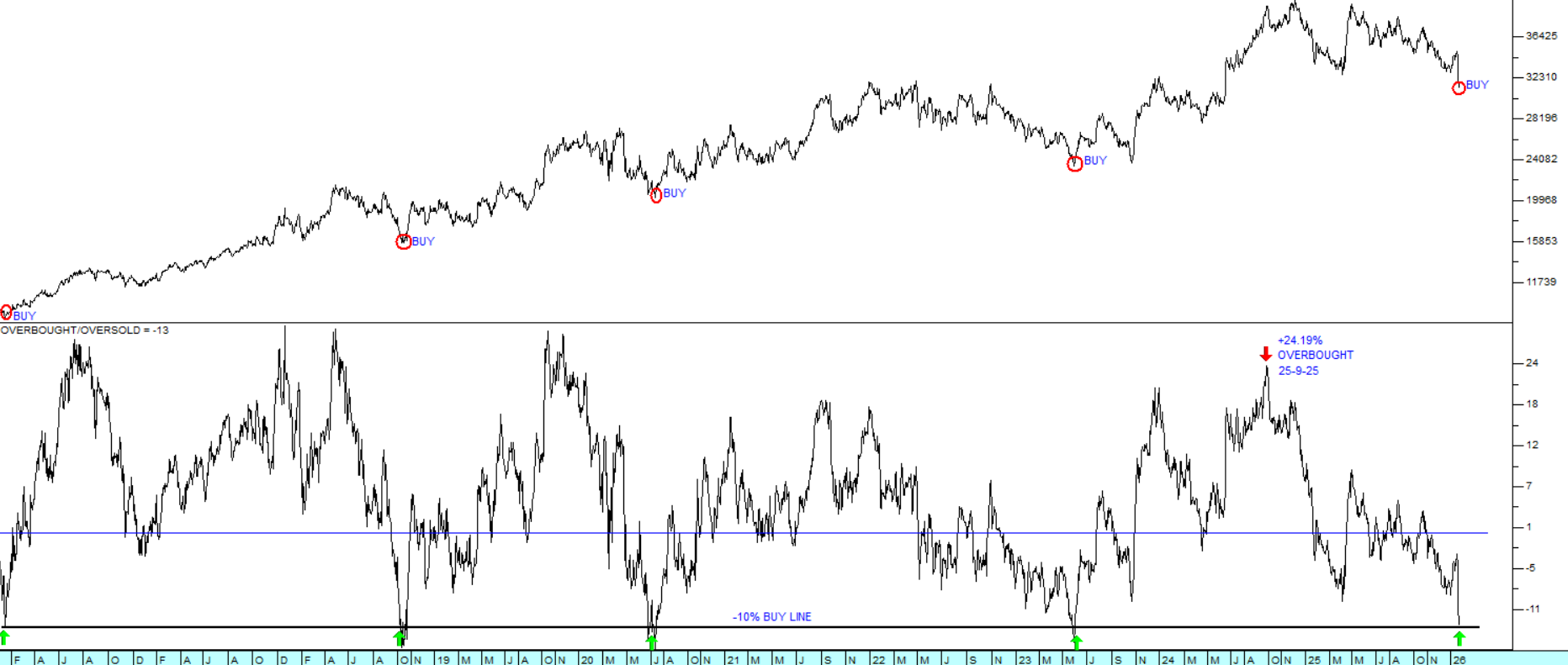In their latest financials for the year to 30th November 2025 Hudaco describes itself as “...a South African group specialising in the importation and distribution of a broad range of high-quality, branded automotive, industrial and electronic consumable products, mainly in the southern African region”.
It has long been one of our favourite shares on the JSE and we have written two articles extolling its virtues the first on the 7th February 2021 and the next on the 14th of February 2022. It is essentially an investment in the growth prospects of the South African economy. It is not a dramatic performer, but rather a company that is growing steadily both organically and through careful bolt-on acquisitions.
It is well worth taking the time to read their latest financials for the year to 30th November 2025. The fundamentals revealed in their figures should make any investor in their shares feel happy.
Their turnover for the year increased by 4,4% - which is barely above the inflation rate but still shows growth in real terms. What is impressive, however, is that out of that turnover, they managed to increase their operating profit by 8,9% and their headline earnings per share by 15,7% - and this is after taking a R104m goodwill impairment. Their return on equity (ROE) for the whole group was 17% and would have been 19,5% without the impairment. This shows that they kept costs tightly controlled while improving efficiencies across the board – in other words, that they have excellent management.
During the year the company made two acquisitions – Isotec and Flosolve – both of which have now been integrated into the business. Their results are only included for six and seven months respectively – so we can expect them to have a much greater impact on the current year’s results.
Consider the chart:
 Hudaco (HDC) : October 2020 - 13th of February 2026. Chart by ShareFriend Pro.
Hudaco (HDC) : October 2020 - 13th of February 2026. Chart by ShareFriend Pro.
The chart shows that following COVID-19, Hudaco reached a low point of 5616c on 25th May 2020. Since then it has been rising steadily. We wrote about it in our article on 7th February 2021 by which time the share has reached 10046c and then again, a year later, on 14th February 2022 when it was at 15762c. Since then, the share has climbed to 20680c and looks poised to go higher.
This business supplies a variety of products to the mining industry and so is benefiting indirectly from the rising prices of platinum group metals (PGM), gold and copper. They are also benefiting from the on-going reduction of interest rates and the falling cost of petrol in South Africa which directly impact on the profits of their customers.
The current price/earnings ratio (P:E) is only 8.9 which is roughly half of the JSE’s average P:E of 16,8. This shows that its value is not yet fully appreciated by institutional investors. With an average daily volume traded of more than R3,5m, Hudaco is certainly more than adequate for private investor requirements and can now accommodate small institutional investments comfortably.
We expect this share to continue to grow, especially considering its proven track record of conservative and effective management combined with its policy of making regular bolt-on acquisitions. If you are positive about the prospects of the South African economy in the medium term, then this share is well worth your consideration.




